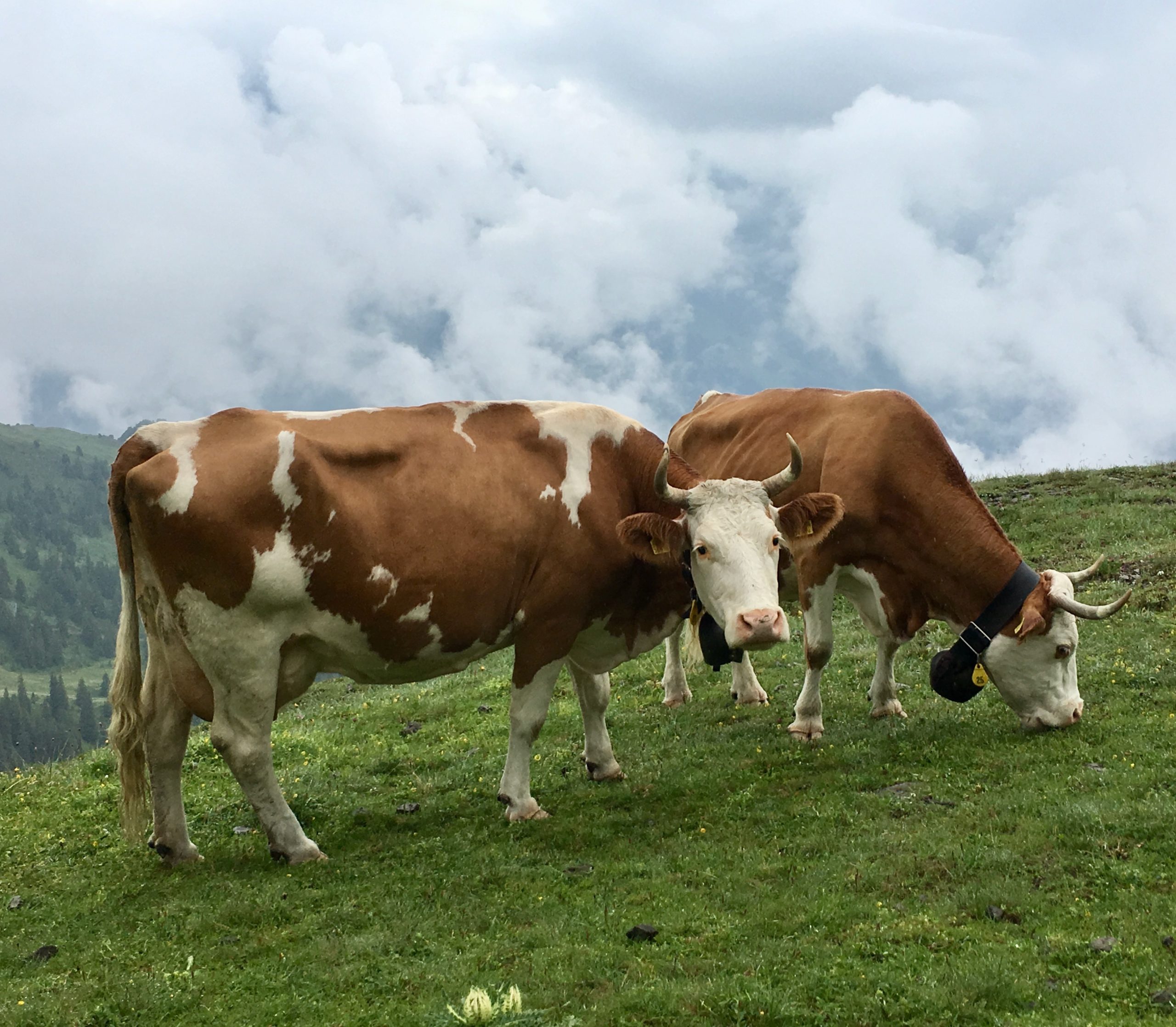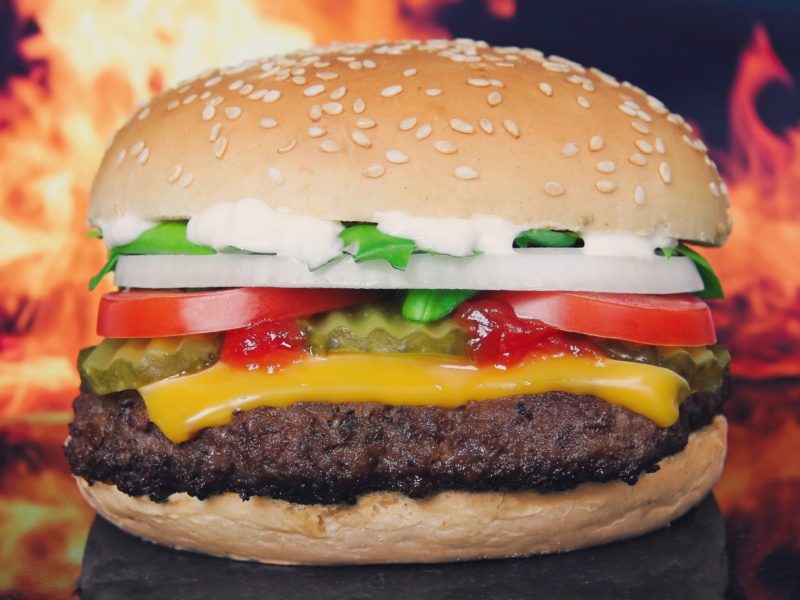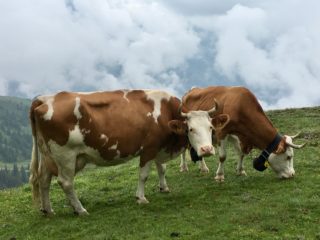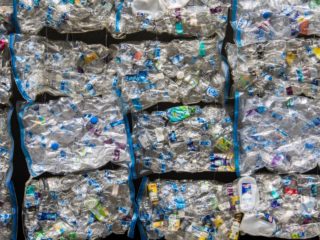The disinformation spreaders have their carving knives out, sharpened up to shred apart the legitimate connection between meat and climate change. From downplaying the connection through industry-funded academic research to outright scare tactics, the denial efforts are intense and widespread.
The latest tall tale is that the president’s climate requirements will involve cutting 90% of red meat from Americans’ diets, limiting them to one burger per month. A complete fantasy, of course, but one with sufficient juicy sensationalism to spread like wildfire, even finding its way into the outraged tweets of our elected representatives.
So what’s the beef? Does meat production have a significant climate impact or is this just a trumped-up exaggeration?
The Connection Between Meat and Climate Change

The facts are clear: Meat, red meat, in particular, is a chief contributor to climate change.
Global emissions from livestock represent 14.5% of total greenhouse gas emissions. Red meat isn’t the sole climate-culprit, but cattle represent a significant portion – about 62% – of the livestock sector’s emissions, and emissions intensity (emissions per unit of product) is the highest for beef.
The reason that animal-based products pack the biggest emissions punch is that their production processes are incredibly resource-intensive, requiring land and the exploitation of natural resources. Beef production is the worst offender, gobbling up most of those precious resources: Per calorie, beef depends on more land and emissions in its production than most other foods.
Steven Chu, former Energy Secretary and Nobel Prize-winning physicist, contends that “agriculture and land-use generate more greenhouse gas emissions than power generation,” adding that “If cattle and dairy cows were a country, they would have more greenhouse gas emissions than the entire [European Union].”
Who’s Driving the Wedge Between Meat and Climate Change?

So if the facts demonstrate a clear link between meat and climate change, why is there even a debate about the connection? Who’s behind the fear-mongering and the disinformation?
It’s probably not a surprise that many of these tactics are being fueled and financed by the meat industry, vested food companies, and their related trade associations and lobbying groups.
Big Meat’s disinformation campaign is similar to that of Big Oil’s efforts to discredit the climate impacts of the fossil fuel industry. Along with fomenting scare tactics, the industry and its supporters have engaged in other strategies to cast doubt on the connection between animal agriculture and the climate crisis, including
- funding research that deflects, questions, or refutes the link between meat and climate change. Food engineer Melissa Mialon describes their tactics as “defining what science is.” One particularly amusing industry-backed “study” claimed that those who “avoided meat consumption had significantly higher rates of depression, anxiety and/or self-harm behaviors.”
- financing political campaigns to support “meat-friendly” candidates. According to a recent study, U.S. agribusiness spent $750 million on national political candidates from 2000 to 2020.
- lobbying against climate action and climate-friendly laws and regulations. The major industry lobbying groups have collectively spent about $200 million in lobbying since 2000, actively lobbying against climate policies like cap-and-trade, the Clean Air Act, and regulations that would require farms to report emissions.
- industry-funded media and publicity campaigns that promote meat, including meat-friendly recipe blogs and food influencers.
The Good News (Yes, There is Some)

Meat producers must do their part in accepting responsibility for meat’s contribution to greenhouse gas emissions and make systemic changes in their production processes to help reduce emissions.
Consumers can also do their part to move our country towards a more sustainable food system. As one study states, “dietary change can deliver environmental benefits on a scale not achievable by producers. Moving from current diets to a diet that excludes animal products has transformative potential …”
The first step is to accept the fact that there is indeed a link between meat and climate change and cast a critical eye on any information that states otherwise. Stay informed through respected, fact-based media sources, but also do your homework on your elected representatives. With 25% of our Congressional representatives identified as climate deniers, it’s critical to vote for candidates that support robust, substantive climate policies.
The next step is pretty simple: eat less meat, in particular, red meat. Many of you are already doing that, with the number of Americans following plant-based diets sky-rocketing by 300% over the last 15 years.
The good news is that the food industry is beginning to respond to consumer demand. Industry giants and startups are racing to capitalize on a growing market with exciting new products and innovations. Two startups, Meati Foods and Atlast, for instance, are poised to offer “whole-cut” mycelium-based meat alternatives that will expand upon the traditional vegetarian options of ground and processed products.
Restaurants that offer a full or partial plant-based menu are on the rise, with sites like Happy Cow available to help people find vegetarian-friendly eateries.
Even fast-food chains are scrambling to show how climate-friendly they are: Burger behemoth, Burger King, proudly promotes its plant-based offerings while Taco Bell has announced its testing of a plant-based “Cravetarian” taco made from a blend of peas and chickpeas. To be sure, much of this is greenwashing designed to create the impression of a planet-friendly menu, but the trend is in the right direction.
If you’re eating in, recipe giant Epicurious has just made it easier for you to make climate-friendly meals at home by eliminating all red meat recipes. Citing the link between meat and climate change as the reason for their decision, Epicurious announced that “we think of this decision as not anti-beef but rather pro-planet.”
More, much more, needs to be done, but as consumers, we can do our part to support climate action by making climate-friendly changes to our daily diet.









